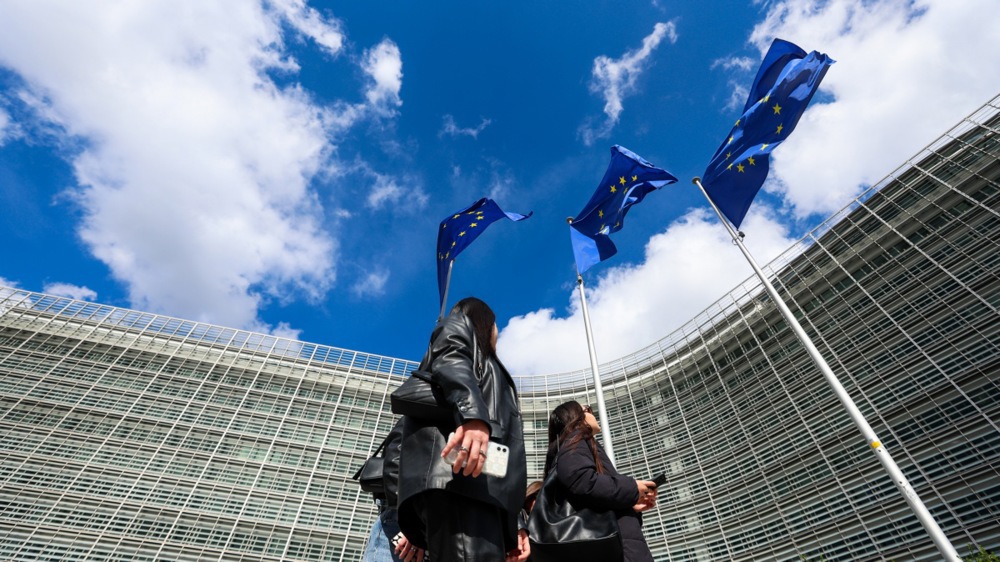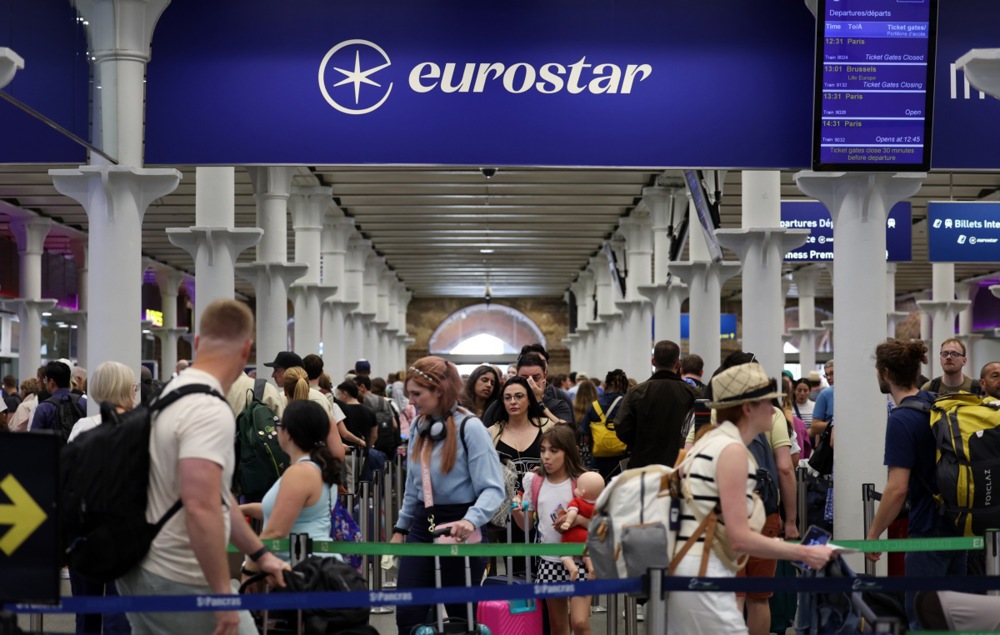New European Parliament lobbying rules benefit larger, well-connected organisations, it is claimed.
Parliament access rules, introduced over the summer recess, have raised questions over whether they unintentionally strengthen the position of well-connected organisations at the expense of smaller or newer actors.
A notice sent to registered lobbyists on 26 August informed them that “interest representatives will be granted access by invitation only” during so-called ‘white weeks’ to the Parliament’s peripheral buildings, the Strasbourg premises outside plenary sessions, and to areas where MEPs have their offices.
For well-established industry groups, the impact appears limited.
Ignacio Sánchez Recarte, secretary general of the European wine industry association CEEV, told Brussels Signal on 28 August: “The new European Parliament rules don’t have major consequences for our industry. We access the European Parliament to participate in events and conferences and to meet MEPs in the framework of their official duties. Requesting an invitation to enter during white weeks isn’t really an issue in itself.”
White weeks refer to recess periods — typically during summer or between Christmas and New Year — when MEPs do not hold official sessions, meaning fewer formal meetings take place.
But the rules highlight how lobbying in Brussels increasingly relies on personal networks.
Connor Allen, EU government affairs manager at Mitsubishi Electric, told Brussels Signal: “There’s clearly poor wording on the Parliament’s account. I think this type of ‘transparency’ issue ends up reinforcing bad practices in the bubble. If you’re a new lobbyist with fewer contacts, all these measures do is make it harder to do your job. But if you’ve been around for years, you can just WhatsApp people directly and avoid all this.”
In other words, the rules could raise the barriers that smaller representations already face in their daily work. “If you put in a load of measures to prevent lobbyists from engaging with the Parliament, then people like me with years of contacts are not affected. A new lobbyist has to rely on emailing members — and never getting a response”, he added.
Under the European Parliament’s transparency rules, lobbyists must register in the EU Transparency Register to meet MEPs, their assistants or Parliament staff.
The Parliament says the measures are designed to ensure lobbying is accountable and visible to citizens and to increase trust in EU institutions. But the latest access restrictions underline the tension between transparency and influence in Brussels, potentially consolidating influence among those who already have it.
Parliament staff are still defining how invitations will work, particularly for assistants and external experts who regularly brief MEPs. As Sánchez Recarte put it: “Let’s see how this will be put in place.”





